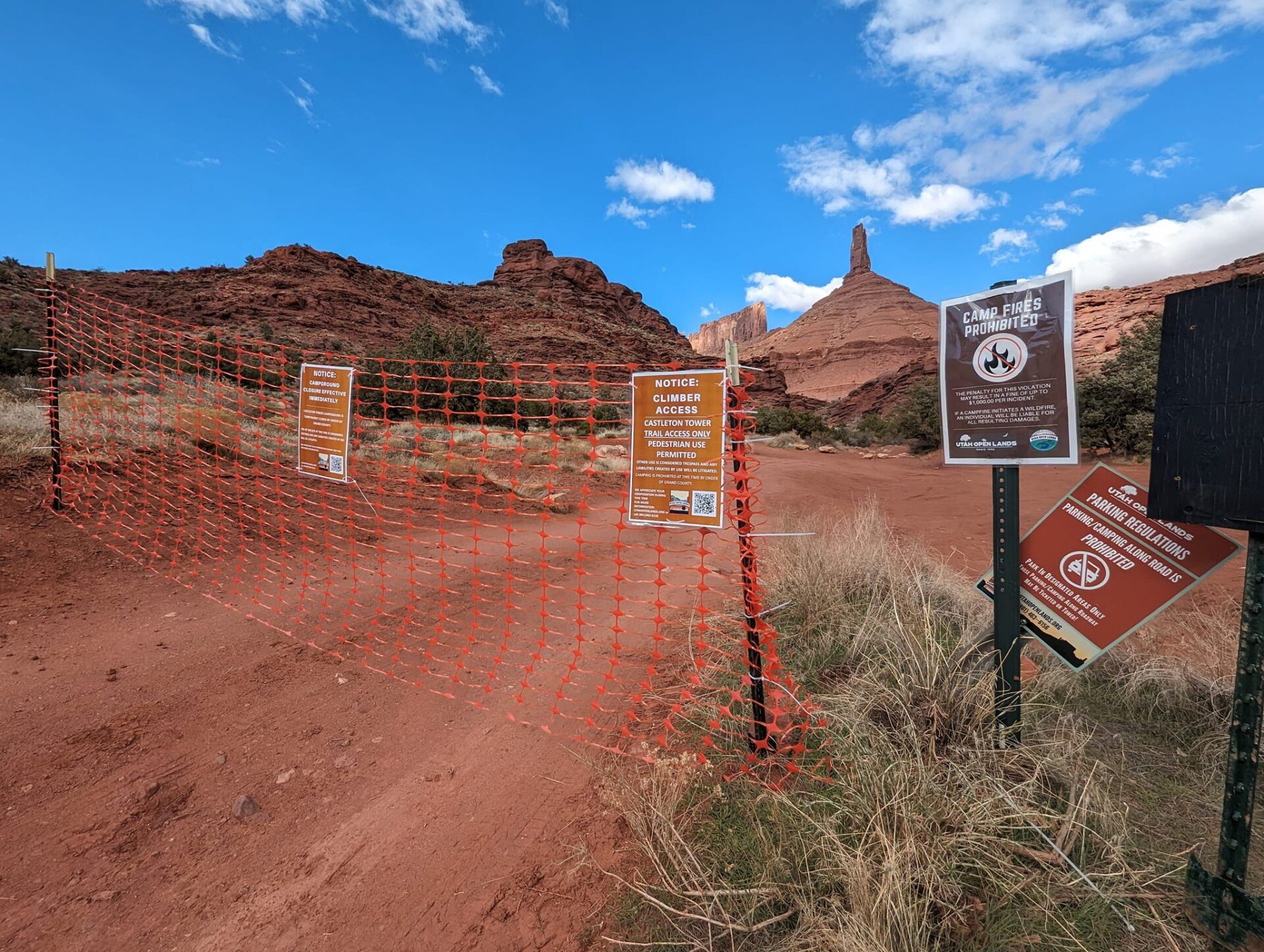On Jan. 20, Utah’s congressional delegation issued a statement opposing the Biden Administration’s intent to immediately restore the boundaries of Bears Ears and Grand Staircase-Escalante National Monuments, which were reduced by former President Donald Trump.
In its statement, Utah’s congressional delegation argues that “roughly two-thirds of our backyard belongs to the federal government, which has meant land management actions have often been done to us rather than with us.”
“We share a sincere desire to find a collaborative, broadly supported solution to the political football of national monuments in Utah, specifically Grand Staircase-Escalante and Bears Ears National Monuments,” the statement reads.
The statement was issued by Utah Sen. Mike Lee and Sen. Mitt Romney, Rep. Chris Stewart, Rep. John Curtis, Rep. Burgess Owens, and Rep. Blake Moore as well as other state officials including Gov. Spencer Cox.
“A review in name only with predetermined results, which ultimately leads to a unilateral executive order enlarging the monuments’ boundaries, will not solve the root of the problem and will only deepen divisions in this country,” the statement argues.
Gov. Spencer Cox’s public plan for his first 500 days in office includes advocating for “local management” of Utah’s public lands, which includes opposing the restoration of Grand Staircase-Escalante and Bears Ears.
Despite this line in the sand, Cox and his colleagues have voiced that they hope Utah politicians and the current administration can work together in a “collaborative process” regarding the monuments.
“It is imperative that President Biden bring the State of Utah to the table and work with state and local elected leaders toward a consensus product, including a permanent solution approved by Congress,” the signed statement reads. “President Biden championed a message of unity during his campaign, and we stand ready to work across party lines towards a permanent solution.”
Four years ago, former President Barack Obama created the Bears Ears National Monument through the Antiquities Act. The monument, which was then 1.35 million acres, had been requested by five Native American tribes — Hopi, Zuni, Diné (Navajo), Ute Mountain Ute and Ute, all members of the Bears Ears Inter-Tribal Coalition — who have cultural and historical ties to the area.
Trump substantially reduced Bears Ears to 15% of its original acreage in 2017 into Shash Jaa and Indian Creek national monuments.
All members of Utah’s Congressional delegation at the time opposed the monument’s designation in 2016. The five tribes of the Bears Ears Inter-Tribal Coalition sued, arguing that the reduction was illegal. That litigation is still working its way through federal courts.
The Grand Staircase-Escalante National Monument was created in 1996 by former President Bill Clinton and has also been a point of political controversy for many years. Trump’s 2017 order that reduced Bears Ears also divided Grand Staircase Escalante National Monument, formerly 1.9 million acres, into three smaller units: 211,983 acres to the Grand Staircase Unit, 551,117 acres to the Kaiparowits Unit and 243,241 acres to the Escalante Canyons Unit.
On Jan. 20, President Joe Biden signed an executive order to review the boundaries and conditions of both national monuments. The order’s intent is to reverse Trump’s executive actions that were “harmful to public health, damaging to the environment, unsupported by the best available science, or otherwise not in the national interest” and to “to protect our nation’s treasures.”
That protection includes reviewing the Utah monuments, stopping the Keystone XL pipeline construction and preventing oil and gas leasing in the Arctic National Wildlife Refuge.
The Moab City Council and Grand County Commission have already approved letters in support of the restoration of Bears Ears National Monument, along with the San Juan County Commission and several inter-tribal agencies.
Group urges Biden Administration to reconsider federal action



